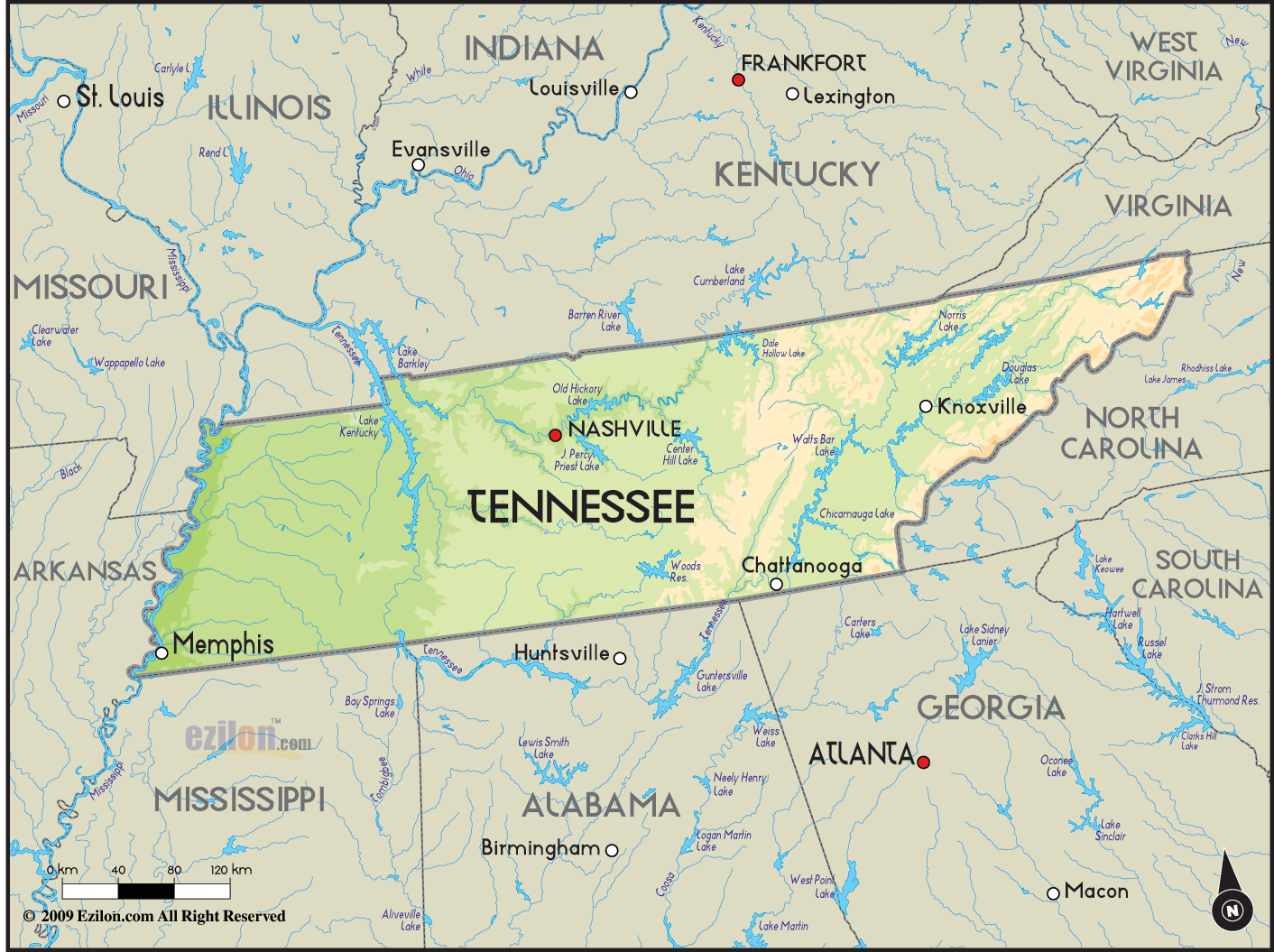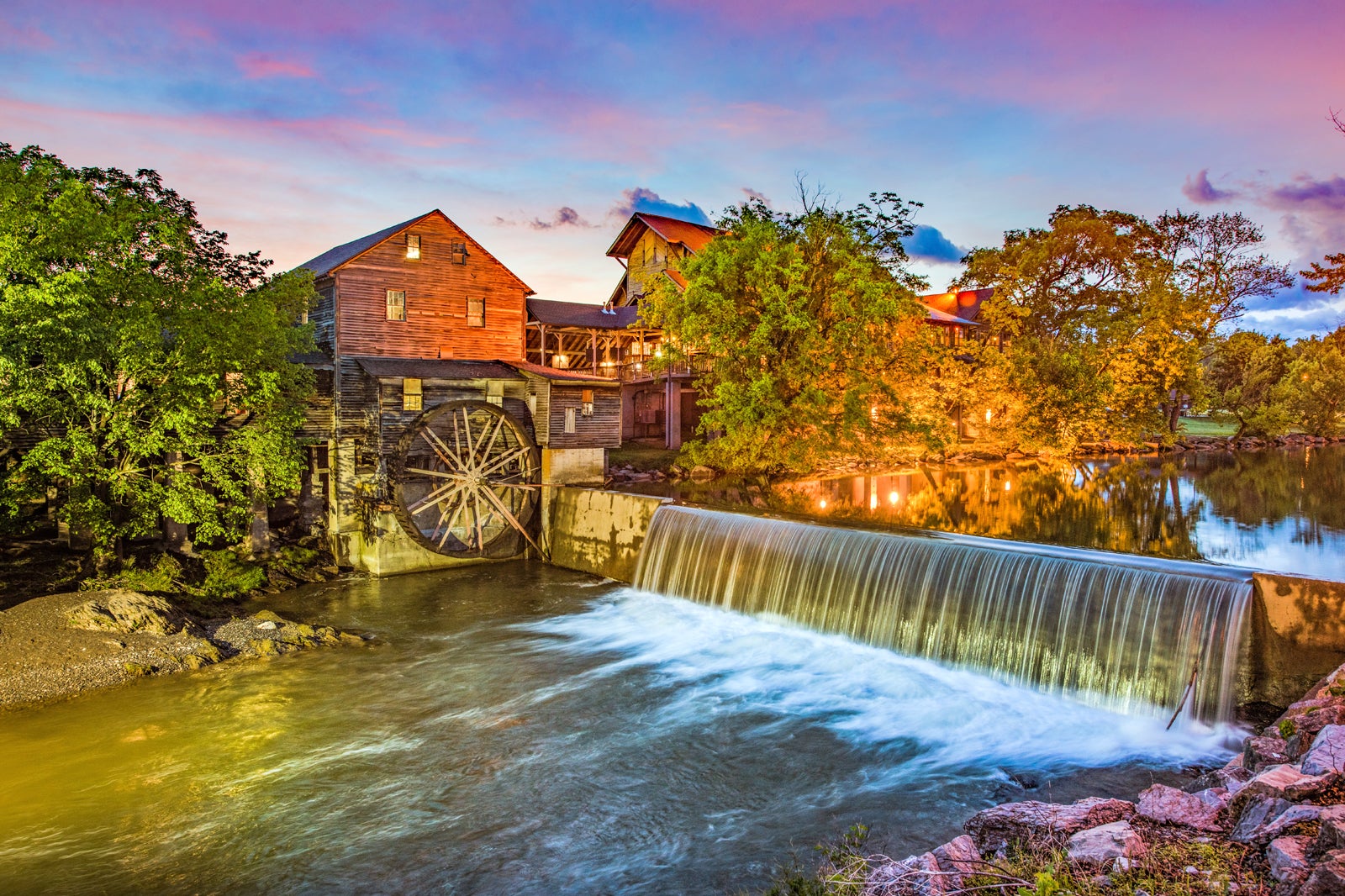Was Tennessee Warned About Helene? Unpacking State Preparedness
When big weather events or other dangers come our way, a question often pops up: were we told? It's a natural thing to wonder, especially when something like "Helene" is mentioned. People really want to know if their community had a heads-up, or if state officials knew what was coming. This kind of curiosity isn't just about looking back; it's also about feeling safe for what might happen next. We, like your, want to understand how information flows from official sources to everyday folks when it matters most.
The idea of warnings, you know, it's pretty central to how communities handle emergencies. A timely alert can make a huge difference, allowing people to get ready, secure their homes, or even move to a safer place. So, when we ask, "Was Tennessee warned about Helene?", we're really looking into the heart of emergency communication and how prepared a state truly is. It's a very important inquiry for anyone living here.
This article takes a closer look at that very question, drawing on what we know about Tennessee's state government and its systems. We'll explore how warnings generally work, what kinds of resources the state offers, and what it means for everyone when information about a potential threat like "Helene" is on the table. Basically, we're trying to figure out the whole picture, more or less, of how warnings are handled.
Table of Contents
- Understanding State Warnings and Alerts
- Tennessee's Framework for Public Information
- The Role of State Agencies in Communication
- Public Access to Information: What's Available?
- Community Readiness and Individual Actions
- Frequently Asked Questions
- Looking Ahead to Preparedness
Understanding State Warnings and Alerts
When we talk about warnings, especially for something like a significant weather event or other danger, it's not always a simple thing. There are, you know, different levels of alerts, and they come from various places. Often, these warnings start with national agencies that watch weather patterns or other potential threats. They gather data and then share it with state and local emergency management teams. This is a very complex process, really.
States then take that general information and make it specific for their own areas. This means looking at local geography, population centers, and specific risks. For a state like Tennessee, which has diverse landscapes, a general warning about a broad weather system needs to be broken down into what it means for, say, the mountains versus the flatlands. It's a little bit like translating a big message into many smaller, relevant ones.
The goal of any warning system is to give people enough time to react. This could mean getting ready for heavy rains, preparing for strong winds, or even deciding to evacuate. The effectiveness of a warning, you see, isn't just about sending it out; it's about making sure people get it, understand it, and know what to do next. That's actually the whole point.
Tennessee's Framework for Public Information
Tennessee, like every state, has systems in place to tell its people about important things, especially when there's a safety concern. The state government has a wide range of services and departments, all designed to keep things running and to inform the public. For instance, the state's main website is a central hub for many official communications. It's a pretty big operation, you know.
We can see from "My text" that the state has a comprehensive directory of "all branch departments, boards, commissions, and agencies." This means there's a structured way to find out which part of the government is responsible for what. When a question like "Was Tennessee warned about Helene?" comes up, it points to the need for clear communication channels from these various bodies. There's a lot of information, basically, that's supposed to be available.
Public information isn't just about putting things on a website. It also involves using different ways to reach people, like emergency alert systems, local news outlets, and community leaders. The idea is to make sure that warnings, when they are issued, get to as many people as possible, even those who might not be online or watching traditional media. This widespread approach is, in a way, very important for public safety.
The state also has policies about transparency and accessibility. "My text" mentions "transparent tn web policies" and "accessibility help & contact." This suggests a commitment to making information easy to find and understand for everyone, including those with "limited English proficiency (LEP)," which is covered under Title VI considerations. So, the state, it seems, tries to make sure its messages can be widely received.
The Role of State Agencies in Communication
Many different parts of Tennessee's government play a role in how warnings and public information are shared. While a specific emergency management agency would lead the charge for something like "Helene," other departments also contribute. For example, the "Tennessee health related board's website verification system" shows how official information is managed for professional licenses, which speaks to a broader system of official data handling. This shows, in some respects, how organized things can be.
Consider how information about property values is handled. "My text" notes a site that "allows anyone to search for property values and other key information about properties across the state of Tennessee." While this isn't about emergency warnings, it illustrates the state's capacity to collect and make public vast amounts of data. This infrastructure, you see, could be adapted or used to support rapid information sharing during an emergency.
The state's commitment to public service extends to things like "unclaimed property claim property search." This free service, provided by the state, shows a focus on helping citizens access what's theirs. This kind of public-facing service model, you know, is important for building trust, which is crucial when an agency needs to issue a serious warning. People are more likely to listen if they trust the source.
Even surveys about things like usage rates, as mentioned in "My text" ("statewide usage rate of 92.2 percent"), show a government that collects data about its services. This data could, perhaps, help them understand how well their communication methods are reaching people. It's all about, basically, continuous improvement in how they connect with the public.
Public Access to Information: What's Available?
For citizens wanting to know if warnings were issued or to prepare for future events, Tennessee offers several avenues. The main state website, tn.gov, is the primary gateway. It lists "services," a "directory," and "web policies." This structure is meant to make it easier for people to find what they need, including emergency-related information. It's a very clear effort, actually, to be helpful.
Beyond just official announcements, the state provides resources that can help people understand various aspects of life in Tennessee. For example, the "Tourist development" section offers a "free vacation guide" and "industry research." While this is about tourism, it highlights the state's ability to produce and distribute guides and information that can be useful to the public. This capacity could be, you know, repurposed for emergency guides.
The emphasis on "transparent tn" policies means that the state aims to be open about its operations and decisions. This openness is vital when questions arise about whether warnings were given, or how a situation like "Helene" was handled. Citizens have a right to know, and the state's systems are set up, in a way, to support that transparency. It's all about accountability, really.
The state also has systems like "Tfacts tennessee family & child tracking system," which while specific to certain services, indicates a sophisticated data management capability. This kind of system, you know, might be used to track information flow or resource deployment during a widespread event. It shows a government that is, in some respects, quite organized with its data.
Community Readiness and Individual Actions
While state agencies play a big role in issuing warnings, community readiness and individual actions are just as important. A warning, no matter how clear, is only as good as the response it gets from people on the ground. This means understanding what a warning means for you and your family. For instance, if a warning for something like "Helene" came out, knowing where to go or what to pack is key. This is, you know, where personal preparedness comes in.
Many local communities in Tennessee work closely with state emergency management to create specific plans. These plans often include things like evacuation routes, shelter locations, and ways to distribute aid. It's a bit like a team effort, with the state providing the big picture and local areas filling in the details. So, it's not just about what the state does, but also what local groups and people do.
Individuals can take steps to be ready for any kind of emergency, whether or not a specific warning like for "Helene" is issued. This includes having an emergency kit, making a family communication plan, and staying informed through reliable sources. The state's various public information efforts, as mentioned in "My text," like the general accessibility of tn.gov, are there to help people find these resources. You know, it's all about being proactive.
Staying connected to local news and official social media channels can also be helpful. Often, the most immediate warnings come through these local avenues, tailored to your specific area. So, while the question "Was Tennessee warned about Helene?" is about the past, the lessons learned from it, or from similar situations, can help us all be better prepared for whatever might come next. It's a very practical approach, basically.
Frequently Asked Questions
What types of warnings does Tennessee typically issue for severe weather?
Tennessee usually issues various warnings for severe weather, like tornado warnings, flash flood warnings, and severe thunderstorm warnings. These often come through the National Weather Service, which then gets shared by state and local emergency management agencies. They use systems like NOAA Weather Radio, local news, and emergency alerts on phones. This is, you know, pretty standard practice.
How can I find official emergency information from the State of Tennessee?
You can find official emergency information on the state's main website, tn.gov. They have sections for services and directories that lead to emergency management agencies. Local news channels and official social media accounts of state agencies also share timely updates. It's pretty easy to find, you know, if you know where to look.
What steps can individuals take to prepare for potential emergencies in Tennessee?
Individuals can prepare by creating an emergency kit with food, water, and first-aid supplies. It's also a good idea to have a family communication plan, so everyone knows what to do and how to reach each other. Staying informed by signing up for local alerts and monitoring weather forecasts is also very helpful. Basically, being ready is about planning ahead.
Looking Ahead to Preparedness
The question, "Was Tennessee warned about Helene?" brings up a lot of thoughts about how information moves and how prepared a state truly is. It's clear that Tennessee has many systems and agencies working to serve its people, from transparent web policies to directories of state services. These systems are, you know, the backbone of how public safety information is shared.
Understanding these processes helps us all be more ready. By knowing where to look for official information, like on the various pages of this site, and by taking personal steps to prepare, we can make our communities safer. It's all about working together, basically, to handle whatever comes our way.

Geographical Map of Tennessee and Tennessee Geographical Maps

The 10 Most Beautiful Towns In Tennessee

11 Most Picturesque Towns in Tennessee - Head Out of Nashville on a